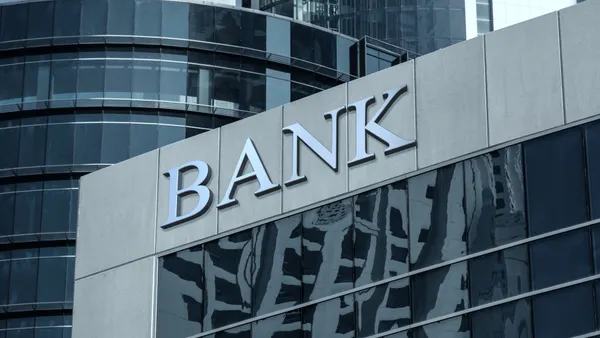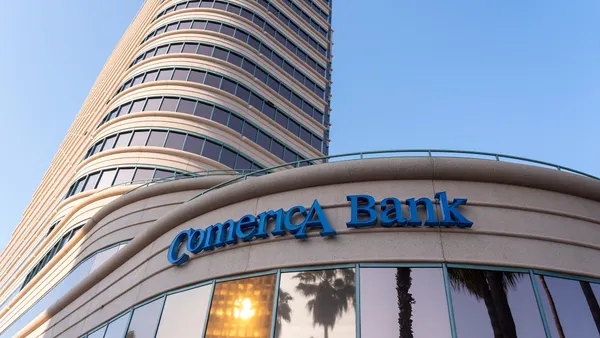LAS VEGAS – Nabbing its own bank charter is Revolut’s “mission” in the U.S., in part to get direct access to regulators, the fintech’s top stateside executive, Sid Jajodia, said Tuesday.
“While the partnership model works well, you miss out on things,” he said onstage at the Money 20/20 conference in Las Vegas. “You don't have a seat at the table with the regulator. When there are issues, you want to be engaging directly with the regulator. That's a key stakeholder in your ability to run the business.”
Revolut now uses Kansas City, Missouri-based Lead Bank as its partner bank. Jajodia, however, named three key perks U.K.-based Revolut is eyeing in its charter pursuit. For one, consumer trust is tied to regulatory compliance. Second is speed of innovation.
“Any time you're working with a partner bank, there's another layer of compliance, there's another layer of rules that you have to work through,” he said. “If you truly want control of your destiny and you want all of that speed, you should be able to launch as quickly as you can.”
Third, having deposits on the balance sheet is “critical” for lenders’ staying power.
“Every time there's a recession or a deep recession, you see a number of stand-alone lenders that can no longer access capital markets, and that's the end of the road,” he said. “It's very critical that we build our balance sheet with deposits.”
Revolut last month announced a $500 million planned investment in the U.S. The U.S. investment, part of a $13 billion global expansion, will include capitalizing the bank ahead of its intended charter, and investing in marketing, product development and job creation.
Revolut has “a couple hundred people on the ground” in the U.S., Jajodia said. It has 11,000 employees globally.
Revolut isn’t the only international neobank eyeing a U.S. charter. Brazil-based Nubank applied for a charter with the Office of the Comptroller of the Currency in September.












